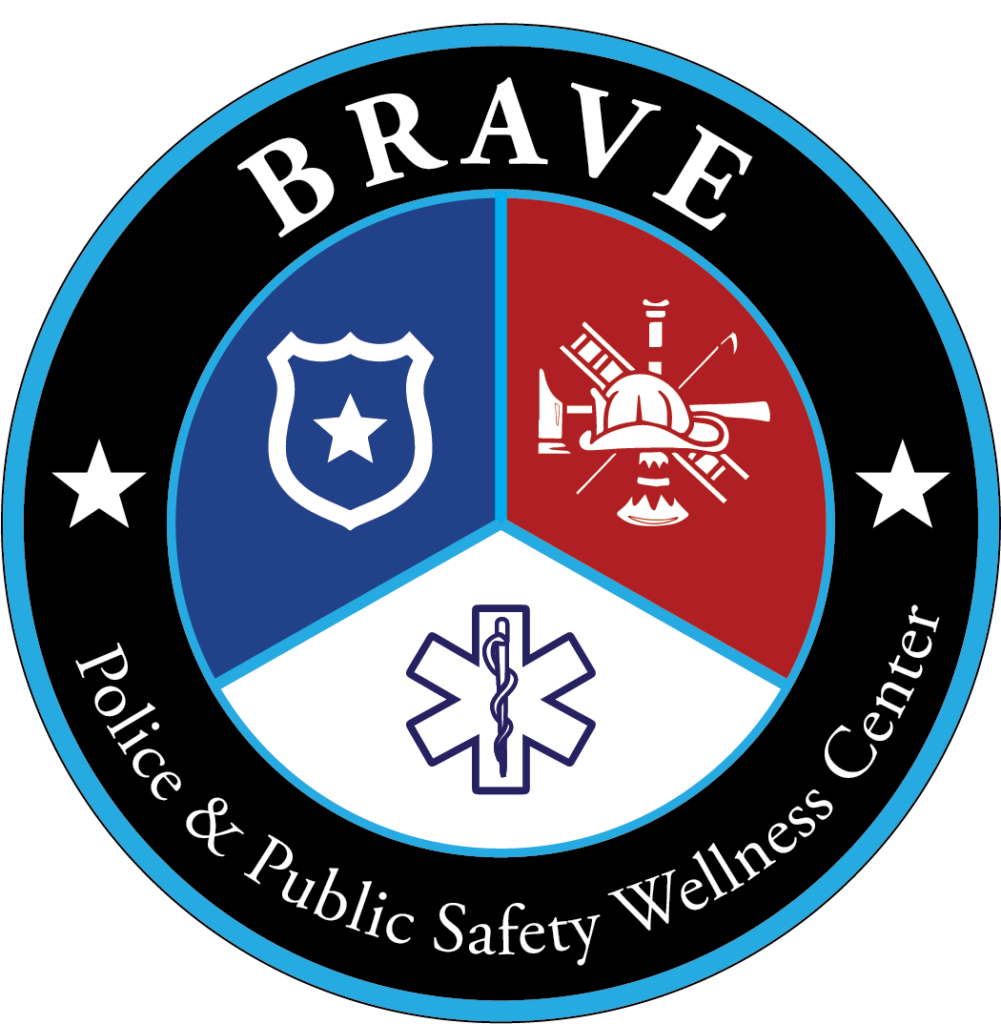Chicago Location: 6323 N Avondale Ave #111, Chicago, IL 60631
Chicago Location: 6323 N Avondale Ave #111, Chicago, IL 60631


Post-Traumatic Stress Disorder (PTSD) is a psychiatric disorder associated with intense physiological, emotional, and cognitive reactions to a traumatic event or experience.

A wide variety of experiences are capable of causing trauma; examples often include sexual assault, wartime experiences, motor vehicle accidents, and physical abuse. An individual does not have to experience the event themselves to develop PTSD, and the severity of symptoms is not necessarily correlated with the severity of the event. A person’s perception of an event as being traumatic is instead related to genetic predispositions and environmental factors.
Symptoms of PTSD fall into four categories:
There are several types of treatment options for individuals suffering from PTSD. Because trauma affects people differently, it’s important to be treated by a clinician who is highly experienced in PTSD to determine the most effective treatment option.
Psychotherapy is an important treatment intervention for PTSD and is designed to help the individual process the traumatic experience and interpretation of memories in a safe environment.
Eye Movement Desensitization and Reprocessing (EMDR) is one type of psychotherapy that utilizes bilateral sensory input – such as side-to-side eye movements – to help individuals process difficult memories, thoughts, and emotions related to trauma.
Cognitive Behavioral Therapy (CBT) focuses on the relationship between thoughts, feelings, and behaviors to identify distortions or unhelpful patterns in thoughts and feelings related to the trauma. The goal of CBT is to help you return to a place where you regain hope, feel a greater sense of control in your thoughts and behaviors, as well as help you to reduce escape or avoidance behaviors.
Neurofeedback training has also proven to be highly effective in treating individuals with PTSD; the United States military considers neurofeedback a profoundly helpful treatment option for veterans who develop PTSD after service in active combat zones. It works by targeting areas of the brain associated with excessive fear response, hyper-arousal, and emotional memory processes to alleviate symptoms such as insomnia, anger, fatigue and difficulties with concentration.

Dr. Robin B. Kroll
Psy.D, ABPP, BCIA Licensed Clinical Psychologist-License No.071007698
Board Certified Police and Public Safety Psychologist #7999
© 2023 Dr Robin Kroll. All rights reserved. Privacy Policy | HIPAA Guidelines